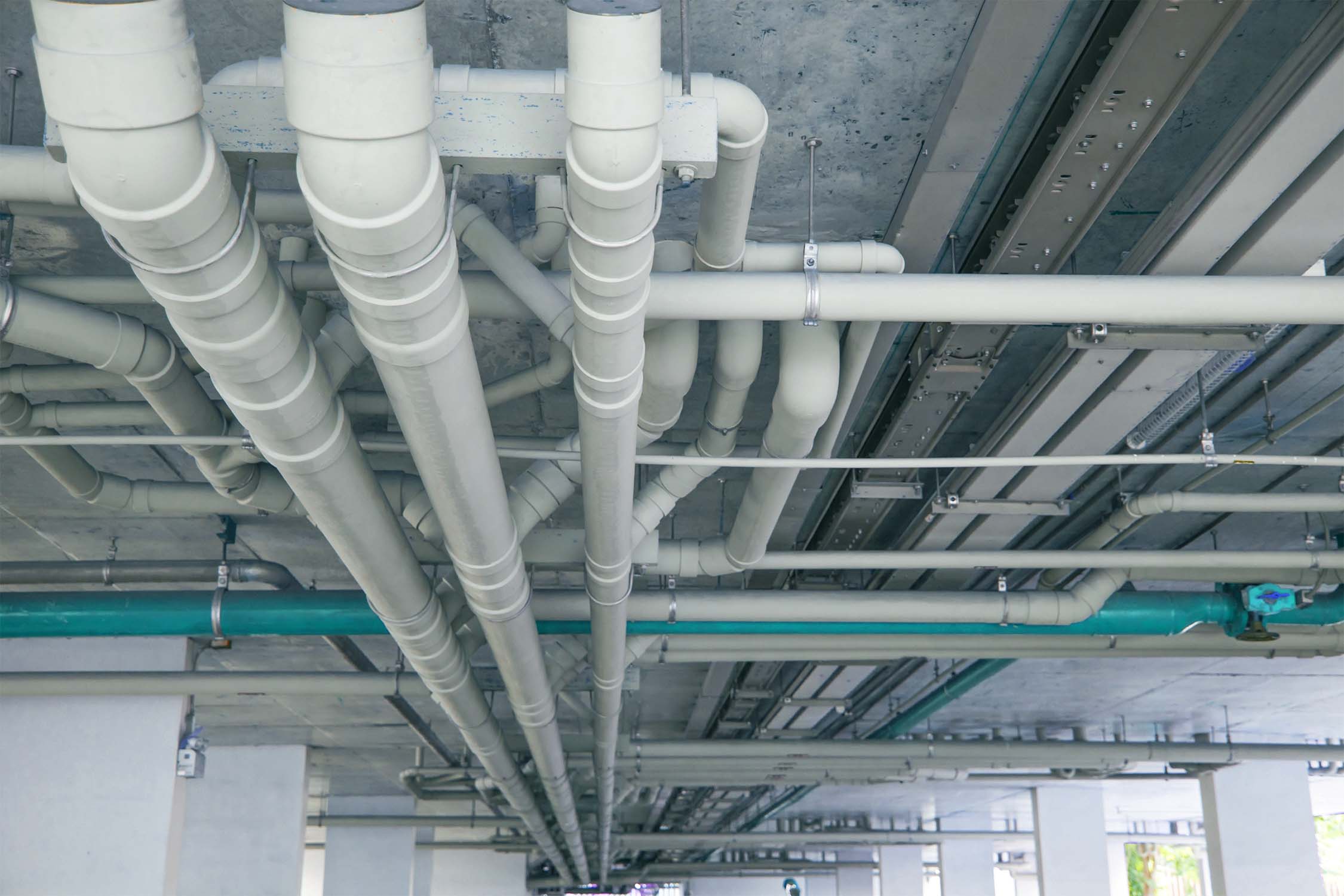Imagine This: You have 5 multi-family properties, each with 200 apartments, and on average two tenants per unit. That’s at least 1,000 hot water heaters that your management team has to assure is serving constant hot water to at least 2,000 residents.
Hot water is a 24/7/365 necessity that properties must provide and maintain for its lessees. With an all day, every day worry to cope with, the urgency of hot water needs poses impact on other essential upkeep duties.
However, it is possible for a property to completely hand-off all hot water responsibility to a managed service. When you’re ready to build your next multi-family development, here are the four benefits of recruiting a managed hot water service:
1. One System Living Away from Residences
As you plan your next multi-family development, opt out of investing in individual water heaters and switch to a single hot water system. When you onboard a managed hot water service, you are taking the first step in incorporating a system that resides in its own area on the property while providing endless hot water. This means that entering apartments for repairs and risks of apartment damage are virtually obsolete.
2. Make-Ready Techs are Relieved of Hot Water Maintenance
According to Landlord Station, “Because hot water is considered an essential service and a tenant right, it is always considered a major repair because it is needed to provide habitable conditions.” When a managed service takes on full responsibility of a building’s hot water supply, they are the team solely responsible for the maintenance and monitoring. This, in turn, takes away any obligation from your property management’s make-ready techs who will have less late-night calls or hours-long repairs that take away from their already long list of duties.
3. 24/7 Monitoring Technology
It’s a tedious task to assure that each and every water heater goes through the yearly required routine inspection. With the right managed hot water service, you are not only choosing to have a specialized team, but you are investing in a system with a 24/7 monitoring technology. This feature allows constant remote observation to assure the system is functioning at full capacity. Not to mention, any problems that do arise would be the management team’s full responsibility.
4. Scheduled Predictive Maintenance
While constant remote observation is taking place, a field technician is making routine predictive maintenance visits to the hot water system. These in-person inspections allow the technician to look through the entire system and confirm that all parts are functioning properly while immediately replacing those that are not performing to standard. The majority of the time, no downtime is initiated. That means building residents and property management rarely ever know there was a fix needed.

